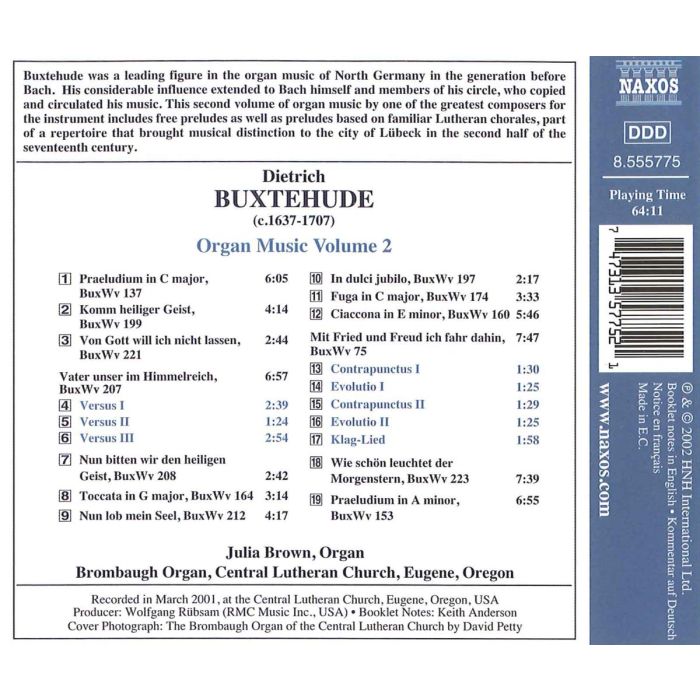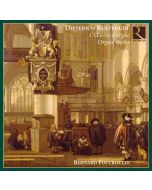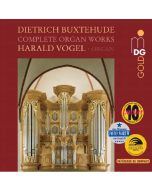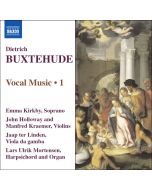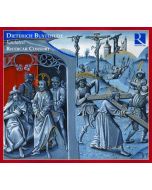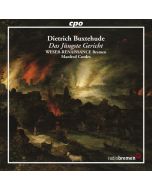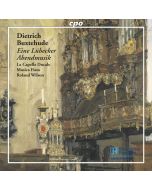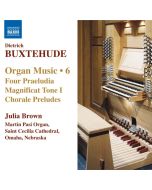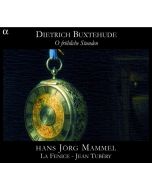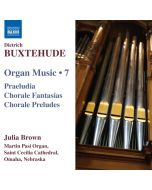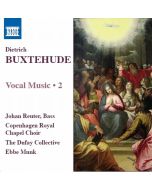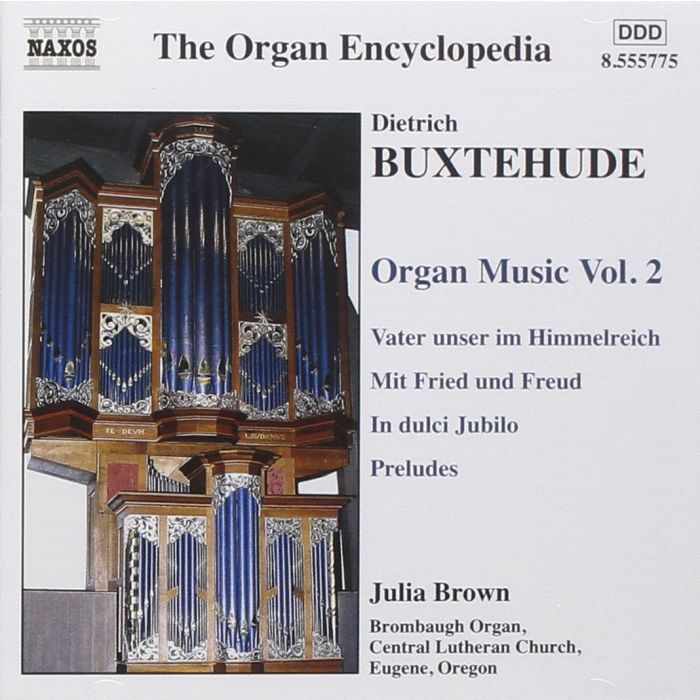
(Produkt nie został jeszcze oceniony)
kompozytor
Buxtehude, Dietrich
tytuł
BUXTEHUDE: Organ Music Vol. 2
wykonawcy
Brown, Julia
nr katalogowy
8.555775
opis
Dietrich Buxtehude, who identified himself as Danish, was seemingly born in Oldesloe about the year 1637, the son of an organist and schoolmaster. His father moved briefly from Oldesloe, in the Duchy of Holstein, to Helsingborg as organist at the Mariekirke there and soon after to the Danish city of Helsingør, Hamlet’s Elsinore, as organist at the St Olai Kirke, a position he held for some thirty years, until his retirement in 1671. Buxtehude was taught by his father and from 1657 or 1658 until 1660 was organist at the Mariekirke in Helsingborg, a city separated from Helsingør by a narrow stretch of water. His next appointment was at the Mariekirke in the latter city. In 1668 he was elected organist at the Marienkirche in Lübeck, where he succeeded Franz Tunder, who had died the previous year, following custom by marrying Tunder’s younger daughter. Tunder’s elder daughter’s security had already been assured by her marriage to Samuel Franck, Cantor of the Marienkirche and the Catherineum Lateinschule, the choir-school that provided singers for the services of the Marienkirche.
At the Marienkirche in Lübeck Buxtehude made some changes in the musical traditions of the church, establishing a series of Abendmusik concerts given now on five Sunday afternoons in the year, events that attracted wide interest. As an organist Buxtehude represented the height of North German keyboard traditions, exercising a decisive influence over the following generation, notably on Johann Sebastian Bach, who undertook the long journey from Arnstadt to Lübeck to hear him play, outstaying his leave, to the dissatisfaction of his employers. Handel too visited Lübeck in 1703, with his Hamburg friend and colleague Mattheson.
nośnik
CD x 1
wydawca
Naxos
data wydania
18.11.2002
EAN / kod kreskowy
747313577521
58,00 zł
Produkt na zamówienie
Wysyłka ustalana indywidualnie.
Darmowa wysyłka dla zamówień powyżej 300 zł!
Darmowy kurier dla zamówień powyżej 500 zł!
sprawdź koszty wysyłki